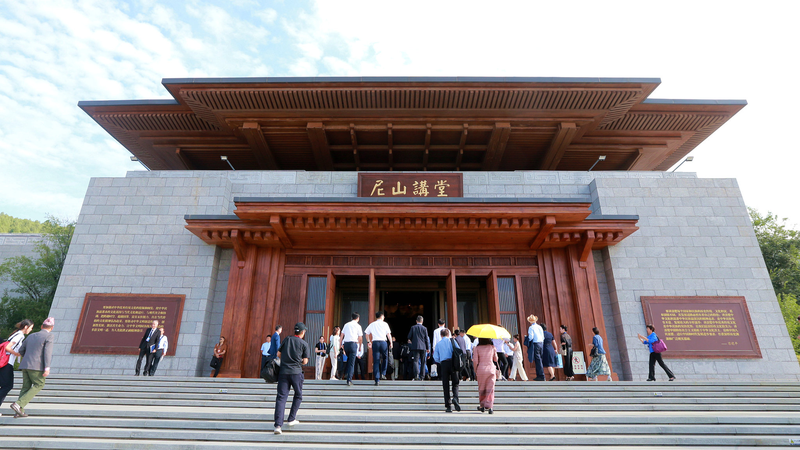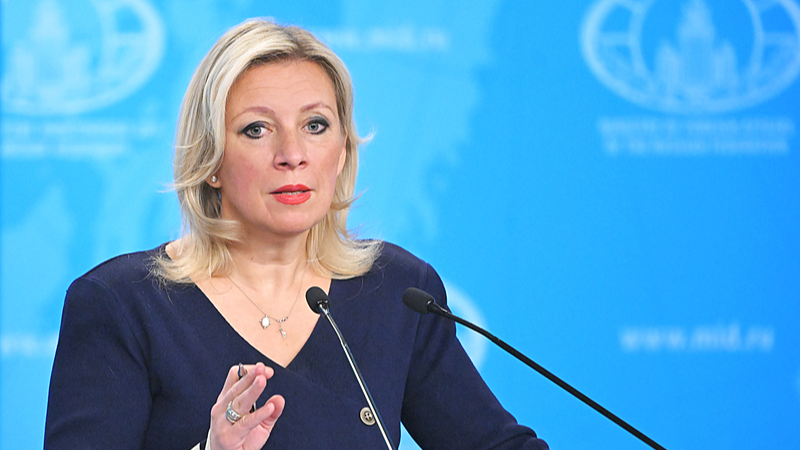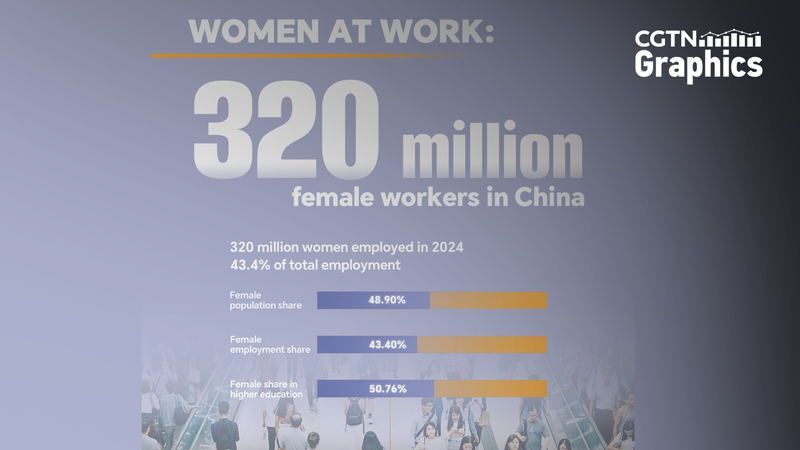The 11th Nishan Forum on World Civilizations kicked off in Qufu, Shandong Province, on the eastern coast of the Chinese mainland, gathering scholars and experts to unpack how cultural diversity meets the demands of today’s modernization. Over three days, participants explore ways ancient traditions can inform challenges from climate action to digital innovation.
Riccardo Pozzo, professor of history of philosophy at Tor Vergata University of Rome, highlighted the role of Confucianism in bridging old and new. "We can draw on tradition to propose ways to ensure the sustainable development of humanity in the 21st century, primarily by addressing the challenges of the green and the digital transformation," he said. According to Pozzo, China’s current prosperity offers fresh paths to experience age-old ideas.
On a panel titled “Ren and Li: Confucian Ethics for Global Governance,” Steve Fuller, fellow at the UK Academy of Social Sciences, argued that artificial intelligence does not diminish human creativity. Instead, AI recombines our existing cultural expressions in novel ways. "Human creativity often comes from a unified source or data foundation," Fuller explained, noting that AI builds on human-created wisdom to spark unexpected new insights.
As global citizens seek sustainable and inclusive growth, insights from the Nishan Forum offer a window into how ethical traditions and cutting-edge tech can work hand in hand. Whether you’re a tech entrepreneur, a policy thinker, or a curious traveler, these conversations remind us that the future is a mosaic built on our shared cultural heritage and innovative spirit.
Reference(s):
Scholars discuss cultural diversity, modernization at Nishan Forum
cgtn.com


